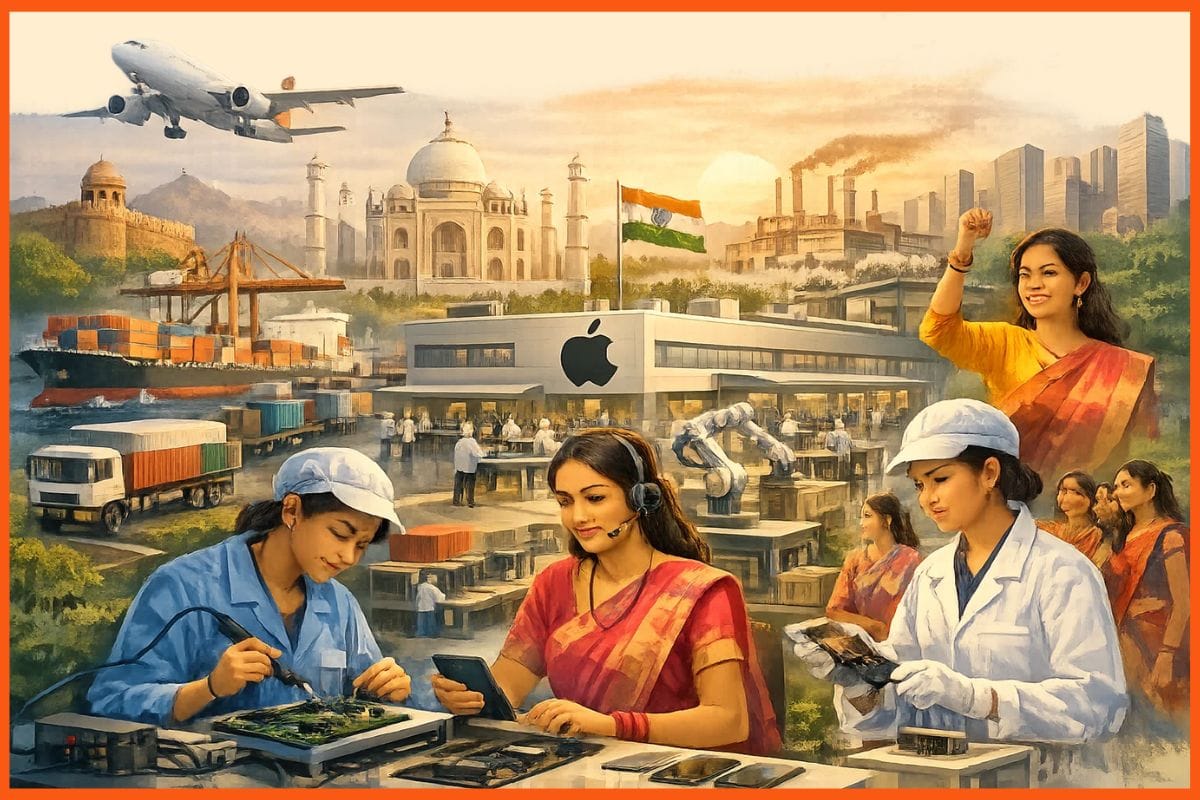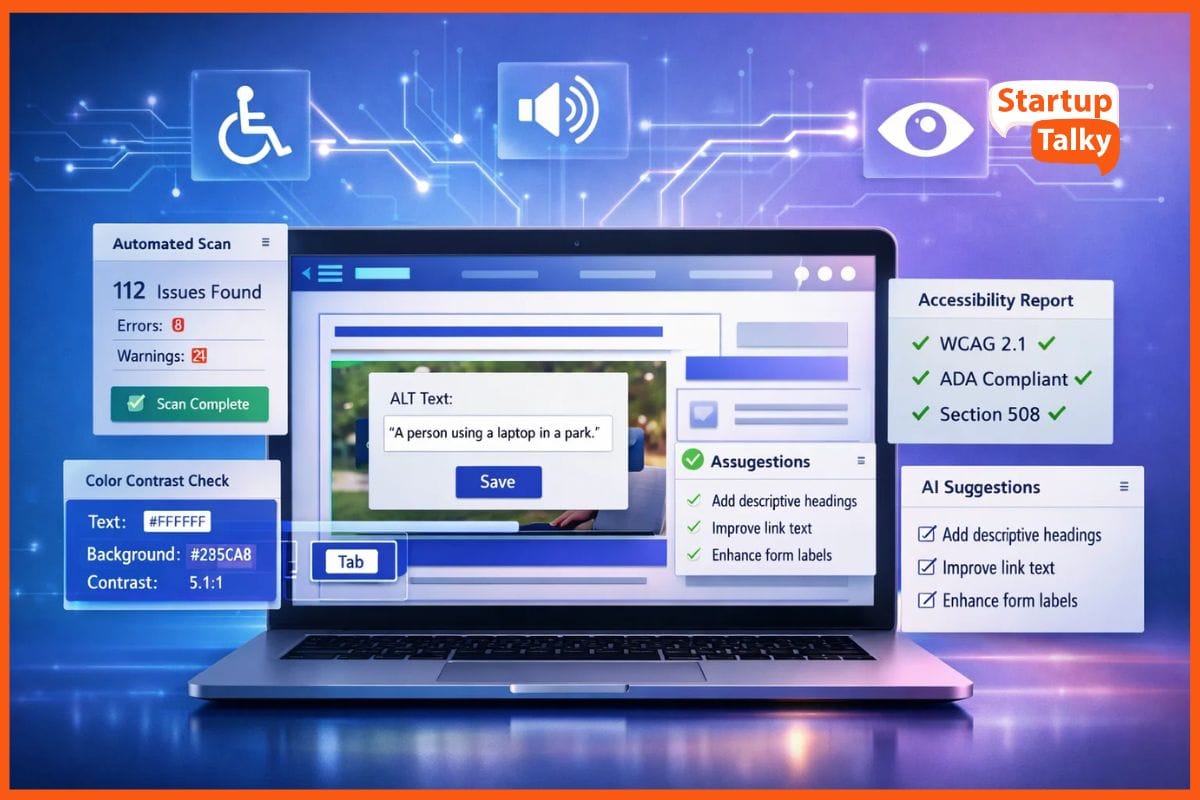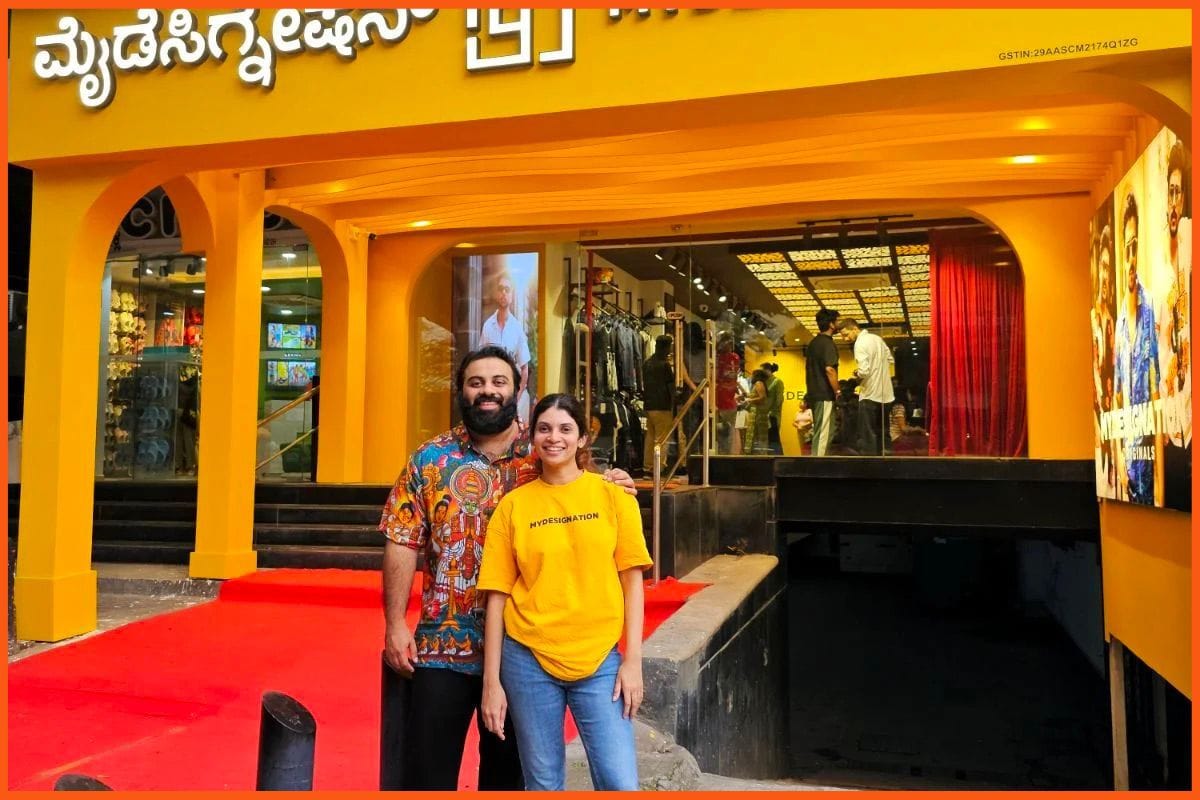Zomato Prohibits Restaurant Partners From Using AI-Generated Images

Zomato has become the first digital marketplace to address the issue of distinguishing between real and artificial graphics by announcing that it will prohibit the use of images generated by artificial intelligence in restaurant menus and promotional materials.
According to Rakesh Ranjan, chief executive officer of Zomato's food ordering and delivery business, eateries that do not comply with the new guideline will be removed from the platform beginning on September 16.
Taking Immediate Action
There are already 276,000 restaurant partners on Zomato, and only 10% of them use artificial intelligence in any capacity. Of those restaurants, only 2% rely only on photos created by AI. The expanding use of artificial intelligence in this context, on the other hand, is seen by Zomato as a danger to authenticity.
This was implemented by the company since it observed the problem beginning to become noticeable. It is necessary to handle it as soon as possible, according to Ranjan, even though it is not yet widespread. Zomato also asserts that it has developed artificial intelligence capabilities that are able to differentiate between real photographs and images generated by AI with an accuracy rate of 90%.
Assistance for Eateries Going through Change
Zomato is providing inexpensive photoshoots to restaurants through its network partners in order to aid them throughout this changeover. Prices for the service range from INR 4,000 to INR 5,000, with the exact amount being determined by the percentage of the menu that requires photography. To provide a point of reference, the average cost for a small restaurant to cover 70% of its menu with professional photographs is between INR 7000 and 15000.
Ranjan noted that artificial intelligence is still essential in areas such as food categorisation and nutrition labelling throughout the food delivery and rapid commerce sectors, despite the fact that Zomato is taking a firm stance on images generated by AI.
Message From Zomato’s CEO
According to Deepinder Goyal, CEO of Zomato, the company uses a variety of artificial intelligence (AI) techniques to improve the efficiency of its workflows.
The employment of artificial intelligence in the creation of graphics for food on restaurant menus is, however, something that we highly discourage. Artificial intelligence-generated photographs of food and dishes are deceptive, and we have received a great number of client complaints regarding this matter. Customers claim that this results in a breach of trust, which in turn leads to an increase in the number of complaints and refunds, as well as a decrease in ratings.
Since we will be actively beginning to remove such photos from menus by the end of this month, we strongly encourage our restaurant partners to refrain from employing artificial intelligence (AI) for dish photographs in restaurant menus from this point on. In addition, we will no longer accept photos of dishes that were generated by artificial intelligence (to the extent that we are able to identify them through automation).
Swiggy Opting Different Strategy
Alternatively, Swiggy, which is Zomato's competitor, is taking a different approach by collaborating with Spyne.ai to provide its restaurant partners photographic services that are powered by artificial intelligence.
An accelerator programme is also available through Swiggy, which provides rewards to eateries that meet a predetermined image threshold standard.

Must have tools for startups - Recommended by StartupTalky
- Convert Visitors into Leads- SeizeLead
- Website Builder SquareSpace
- Run your business Smoothly Systeme.io
- Stock Images Shutterstock







